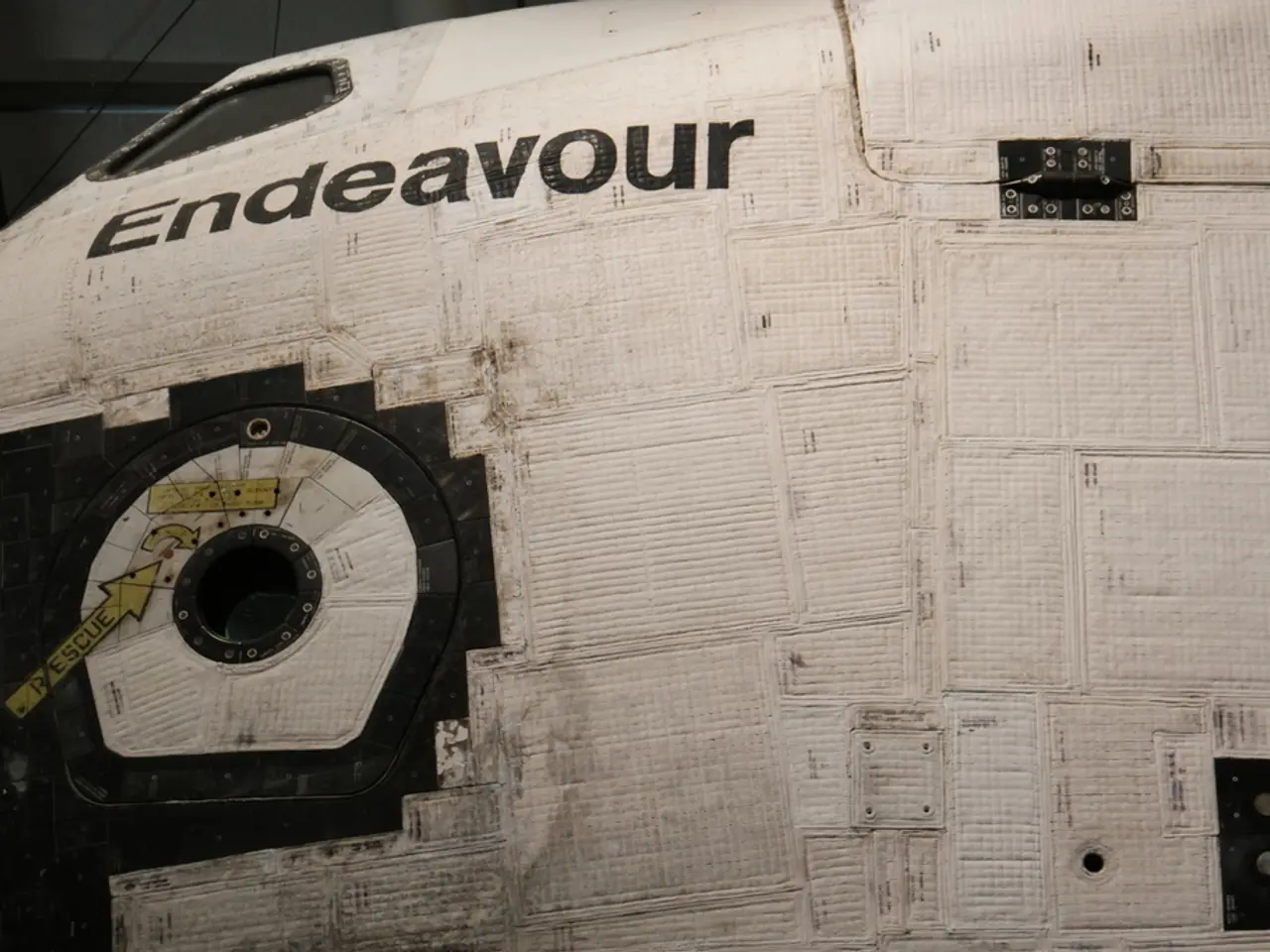Space debris, predicted to reach 100,000 satellites in orbit by 2030, poses a growing concern.
In the vast expanse of our cosmos, a growing concern has emerged: space debris. This menace, not only marring the aesthetic beauty of space but also posing a significant collision risk, has become a pressing issue.
The capacity for private companies to send satellites into space has grown exponentially, with industry giants like SpaceX, Blue Origin, and Rocket Lab leading the charge. However, this increase in satellites has also significantly raised the risk of collisions, a worrying development as collisions can generate more debris and threaten both active satellites and spacecraft.
The accumulation of space debris is a serious problem, with millions of pieces currently orbiting the Earth. These fragments range from small objects that can damage the solar panels of active satellites to larger debris that carries radioactive elements and fuel, which could re-enter the atmosphere and contaminate our planet.
To address this issue, organisations like the European Space Agency (ESA) are developing resilient spacecraft, while international bodies are working on debris mitigation rules. In Spain, the Air and Space Force's Space Command, stationed at the Torrejón Base in Madrid, has taken up the mantle of preventing the accumulation of space debris.
The Space Command, in collaboration with the Spanish Space Agency, performs daily control of all objects that could be harmful to our security, including space debris. General Isaac Manuel Crespo, the Spanish division general in charge of the Space Command, believes we are in the third space race, implying that space is in dispute and congested.
The mission of the Space Command includes guaranteeing the safety of services that come from space, which are crucial to ensure our safety. According to General Crespo, our way of life depends on space services, and the Space Command is dedicated to ensuring their protection.
Despite efforts to control and eliminate space debris, the cost of implementing such programs remains prohibitive. The European Space Agency estimates that there will be nearly 100,000 satellites orbiting our planet by 2030, further exacerbating the problem.
As we continue to explore and utilise space, it is essential that we address the issue of space debris to ensure the safety and sustainability of our space operations. The Space Command and the Spanish Space Agency are at the forefront of this battle, working tirelessly to protect our planet from the threats posed by space debris.
Read also:
- Peptide YY (PYY): Exploring its Role in Appetite Suppression, Intestinal Health, and Cognitive Links
- Toddler Health: Rotavirus Signs, Origins, and Potential Complications
- Digestive issues and heart discomfort: Root causes and associated health conditions
- House Infernos: Deadly Hazards Surpassing the Flames








